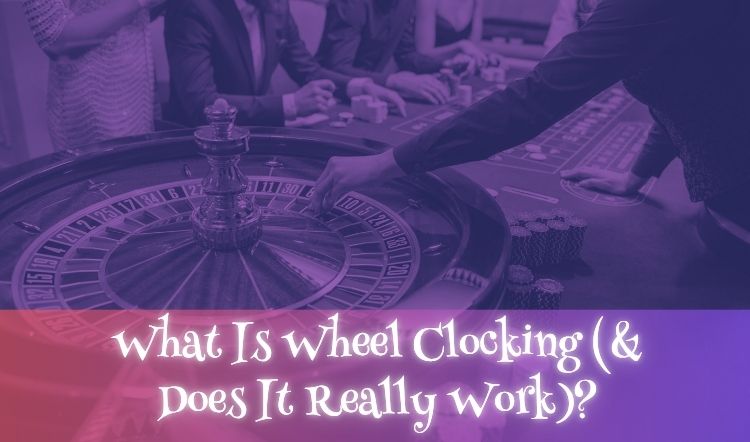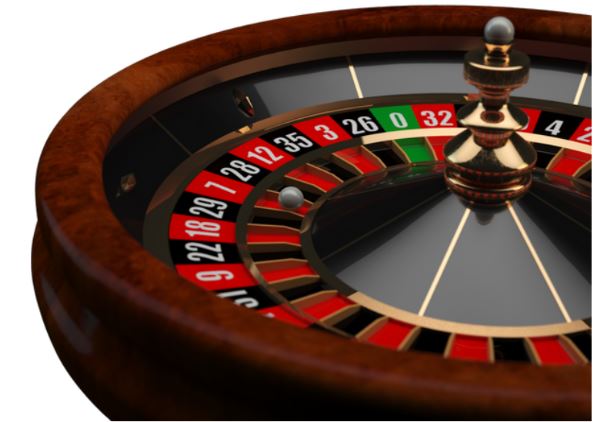
If you’ve spent time around a roulette table—whether online or in a casino—you might have come across the term “wheel clocking.” But what exactly does it mean, and is it something that can genuinely help you when playing?
In this post, we’ll explore what wheel clocking involves, how it’s supposed to work, and whether it’s a technique that players can realistically apply. Read on to learn more.
What Is Wheel Clocking?
Wheel clocking involves watching a roulette wheel over several spins to memorise the results and try to identify any repeating patterns or potential biases. The idea is that if certain parts of the wheel have worn down or  are slightly uneven, the ball might land in those areas more frequently.
are slightly uneven, the ball might land in those areas more frequently.
However, it’s important to understand that wheel clocking isn’t straightforward. Many factors, such as how fast the wheel spins and the exact point where the ball is released, can affect where the ball ultimately lands, making it difficult to predict outcomes reliably.
How Does Wheel Clocking Work?
Whether wheel clocking is effective largely depends on how modern casinos manage their equipment. Today, most roulette wheels are regularly checked and carefully balanced, making it very rare to find a clear bias.
Even if a bias did develop, it probably wouldn’t last long before the casino noticed and corrected it. Regular maintenance and wheel replacements help ensure the game stays fair for all players.
With that in mind, let’s take a closer look at the two main methods players use when trying to wheel clock.
Visual Wheel Clocking
Visual wheel clocking is the traditional approach, where players simply watch the wheel closely. By memorising the results of several spins, they try to identify any patterns or trends that might help predict where the ball will land next.

Electronic Wheel Clocking
With this method, players use devices such as smartphones or computers to record spin results and analyse them for patterns. Although it might seem like a clever approach, UK casinos strictly prohibit the use of electronic equipment at the tables and employ surveillance and rules to detect and prevent this kind of activity.
Is Wheel Clocking Legal?
Simply watching the roulette wheel and noting the results—known as visual wheel clocking—is generally not against the law. However, using electronic devices to track spins or predict outcomes is considered cheating, similar to marking cards or interfering with casino equipment. Casinos have strict rules and security measures to detect and prevent such behaviour, and they can take serious action if they catch anyone attempting it.
Even setting legality aside, there’s little proof that wheel clocking actually gives players an advantage. With the casino’s built-in house edge and regularly maintained wheels, the odds will almost always be in the house’s favour—flaws or biases are very rare and usually quickly corrected.
Conclusion
Wheel clocking is certainly an interesting idea, but it depends on spotting flaws that are rarely found in modern casinos—especially in the UK, where venues are carefully regulated and their equipment regularly maintained. Using electronic devices to try and gain an edge is not only against the rules but also closely monitored and prohibited.
Ultimately, roulette is a game designed with a built-in house advantage. The best approach is to enjoy the game for what it is, playing responsibly and within your own limits.
**The information provided in this blog is intended for educational purposes and should not be construed as betting advice or a guarantee of success. Always gamble responsibly.
